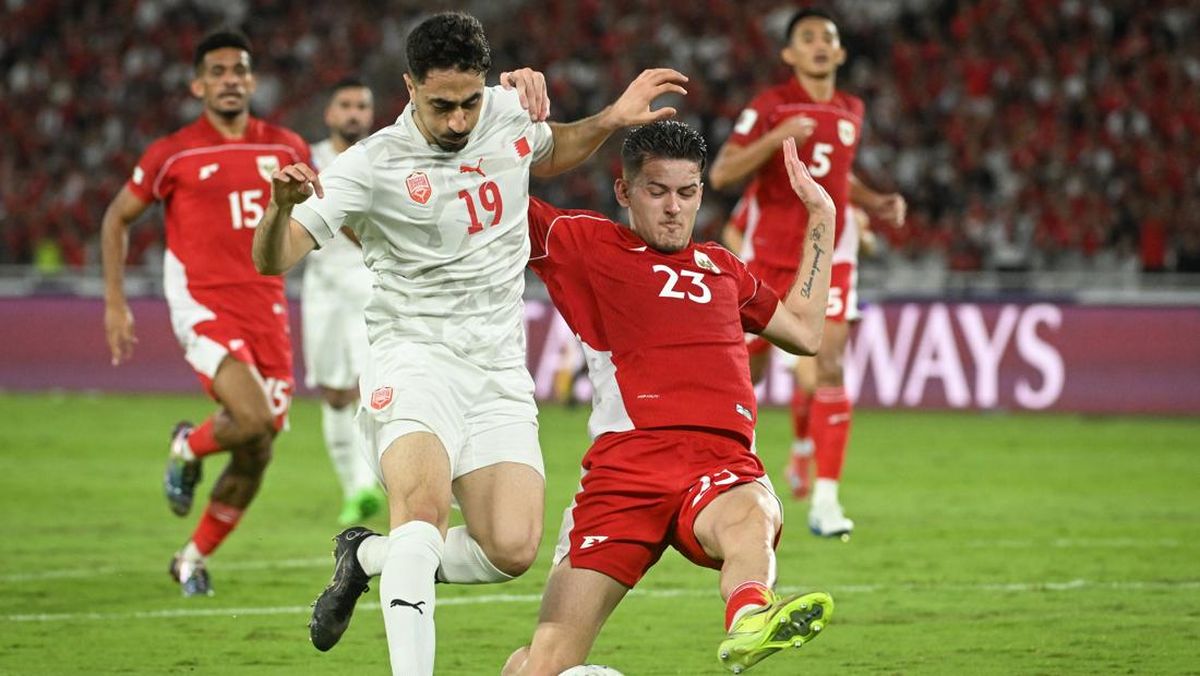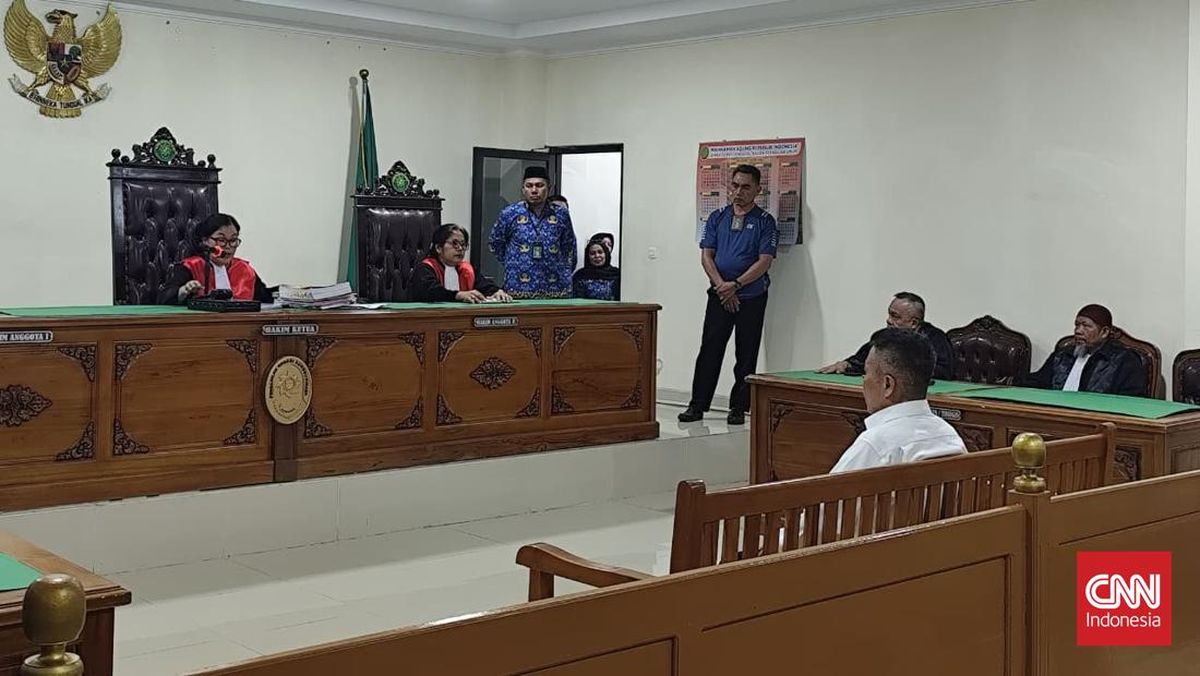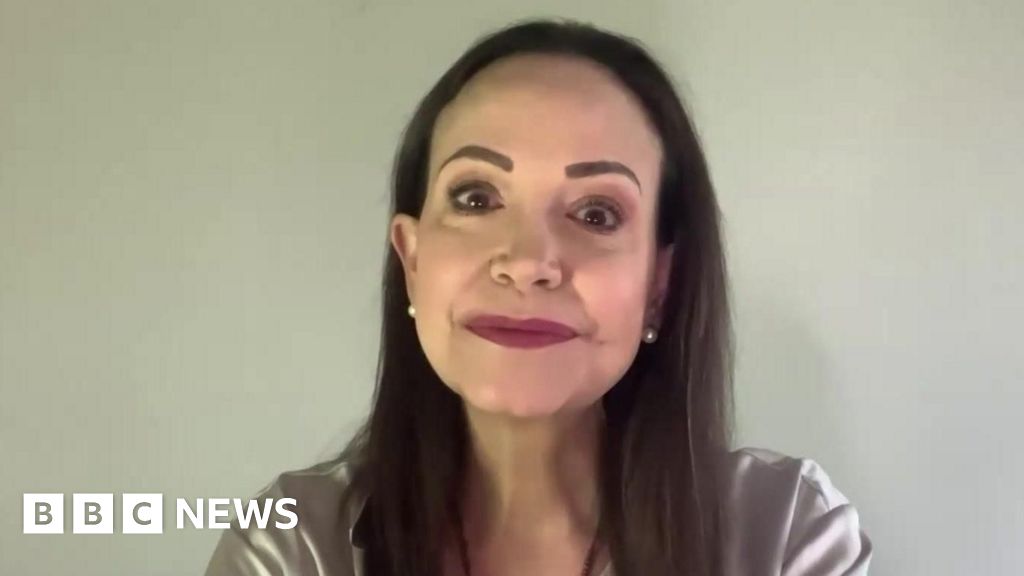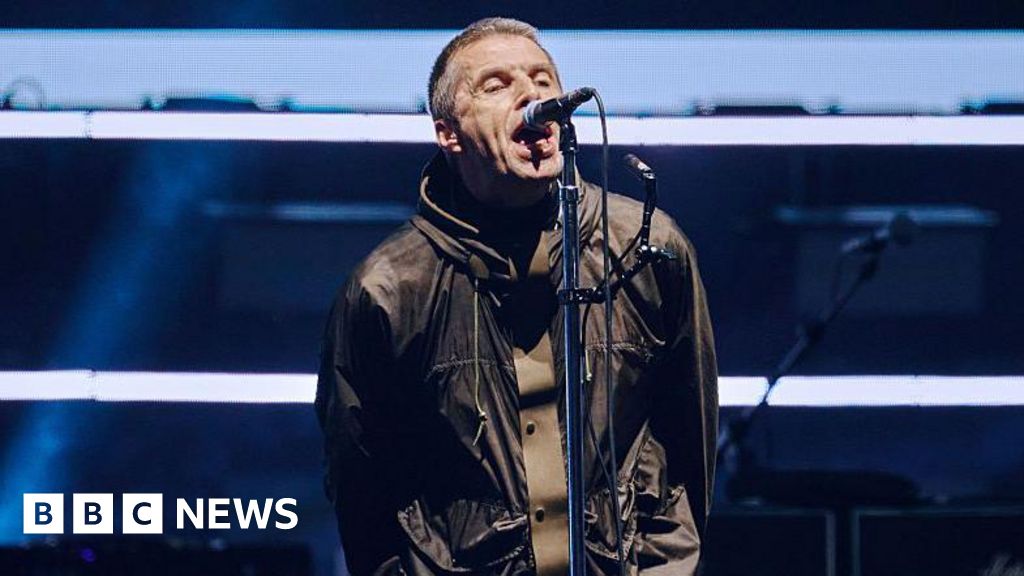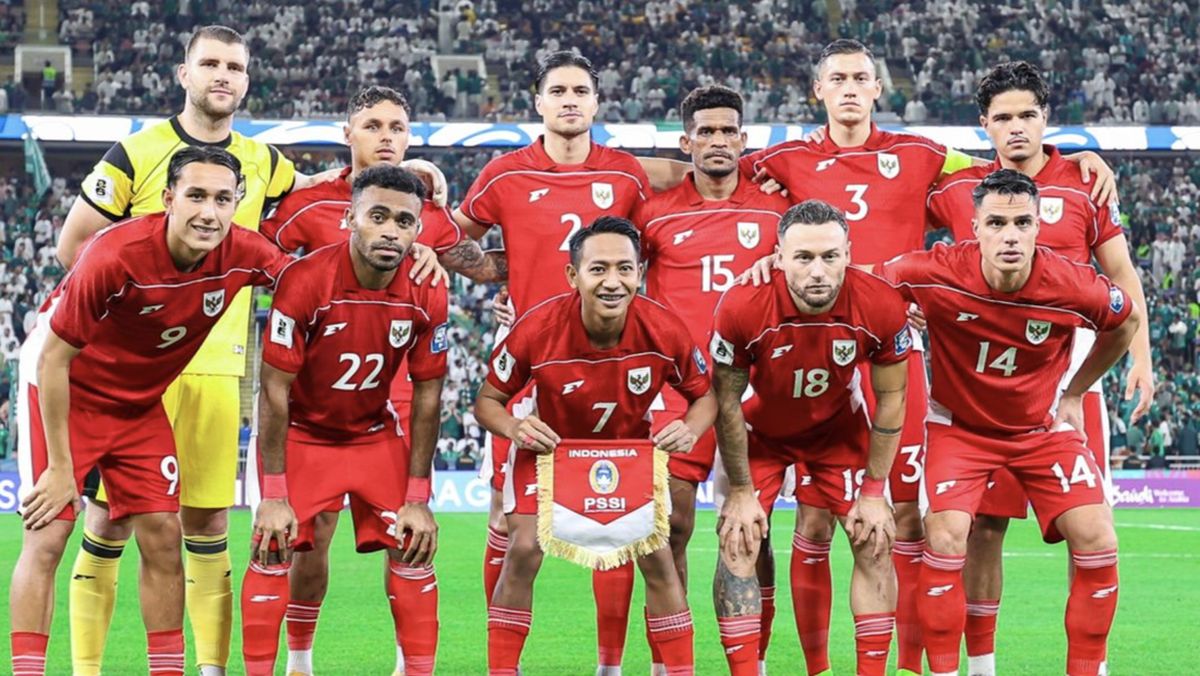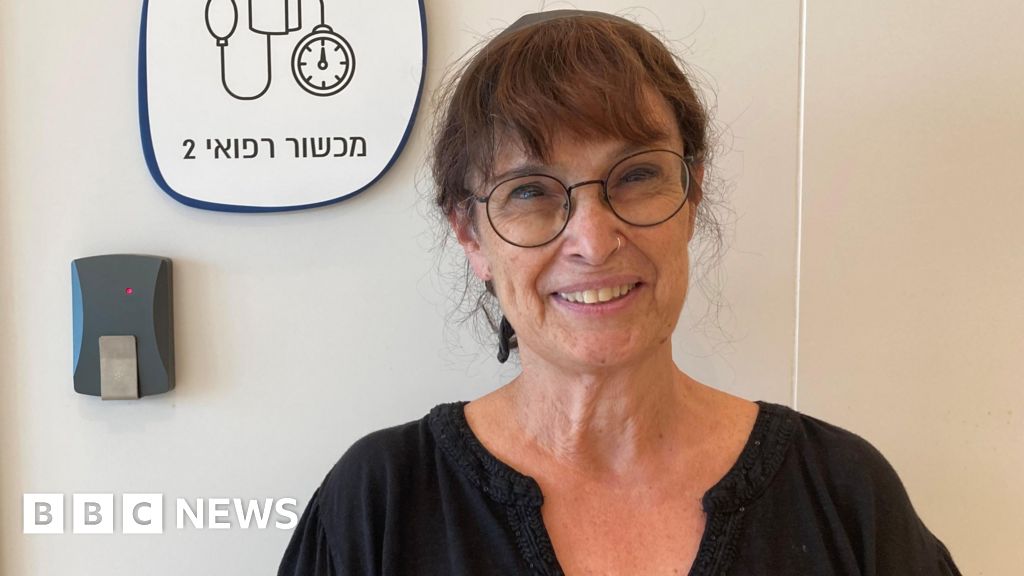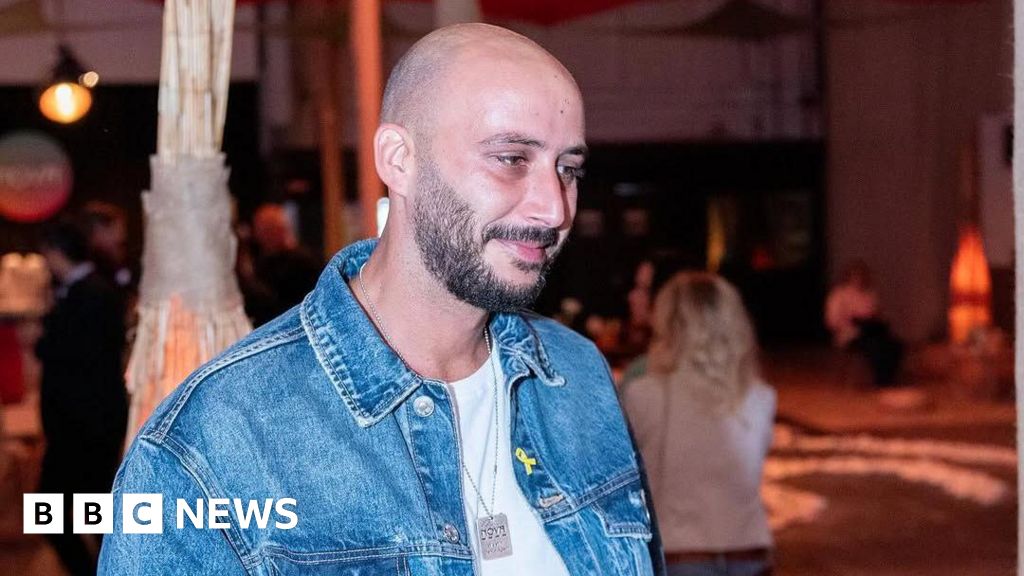Fort Meade, Maryland: It is early September and inside a sparse, windowless courtroom at the “Expeditionary Legal Complex” in Guantanamo Bay, a 61-year-old man sporting a reddish beard sits behind a desk, next to his lawyers, answering questions from a military judge.
He is wearing a blue shirt, a suit jacket, glasses and headphones and speaks into the microphone only briefly as he confirms that he has consented to the arrangements for this hearing.

Camp Justice at Guantanamo Bay.Credit: NYT
This is Encep Nurjaman. He is one of just 15 men still detained at Guantanamo Bay, of the 780 or so taken there as the US waged its war on terrorism. He is also the man accused of masterminding the Bali bombings that killed 202 people, including 88 Australians and 38 Indonesians, on October 12, 2002.
Also known as Riduan Isamuddin, but better known as Hambali, Nurjaman has been held in Guantanamo Bay since 2006. But his trial before a US military commission is yet to take place. No date for the actual trial has been set, nor is it in sight.
These pre-trial proceedings started in late 2022, and this week of argument between Nurjaman’s legal team and military prosecutors is the first session in several months; another is set for November, while more hearings are scheduled throughout 2026.

A Malaysian police photo of Encep Nurjaman, also known as Hambali.Credit: AP
Nurjaman, or Hambali, was apprehended in a joint operation in Thailand in 2003. He spent three years in CIA custody, at locations around the world that are commonly known as “black sites”, where he was subject to what were euphemistically called enhanced interrogation techniques.
In 2006, he was taken to Guantanamo Bay. It was only in 2017 that the US military charged him over the Bali nightclub bombings, as well as a 2003 bombing of the JW Marriott hotel in Jakarta, as part of the now-defunct terror group Jemaah Islamiyah.
Two of his accused co-conspirators, Mohammed Nazir bin Lep and Mohammed Farik bin Amin, were repatriated to Malaysia late last year after pleading guilty before the military commission to multiple offences and providing testimony against Nurjaman in a pre-trial agreement.
Some, but not all, of Nurjaman’s legal proceedings are open to the public and media. But attending is a logistical minefield. Reporters must apply, pay for a seat on a once-weekly flight to Guantanamo Bay, Cuba, and stay in tents for the week until a return flight the following weekend.
This masthead watches the Monday morning hearing from a dedicated viewing room in Fort Meade, Maryland, about 45 kilometres from Washington, DC. The sprawling military base is set on 2000 hectares and is home to the National Security Agency, US Cyber Command and the Defence Information School, among other facilities.

A detention facility at Guantanamo Bay Naval Base in Cuba.Credit: NYT
Access to the base must be approved. I was escorted from the gate by car, along with an observer from an activist group, Judicial Watch, to the viewing room, where rows of chairs and desks sat unoccupied in front of a screen. Visitors can bring their own food and drinks, or rely on a temperamental vending machine.
The scene is a low-rent version of a typical courtroom. About eight people sit on the government bench, and five on the defence, including Nurjaman. Of his team, two members are in military garb, two in civilian.
The military judge, Lieutenant Counsel Wesley Braun, appears on the screen at 9.05am, sitting at a bench under a row of air force, navy, army, US Coast Guard and Department of Defence seals.
After logistics are confirmed – including scheduled prayer breaks – the ensuing legal argument is concerned chiefly with access to, and use of, documents. It is inherent in a case like this that realms of highly classified government information are involved.

Firefighters respond to the bomb blast at the Sari night club on Kuta Beach on October 12, 2002.Credit: AP
The defence says it has been provided with thousands of pages of summaries drafted by the government for the purposes of the trial. These are not actual source documents. But defence lawyers are not allowed to show the summaries to Nurjaman, who patently does not have a security clearance.
A young and fast-talking defence lawyer, Captain Reid Hopkins of the US Marine Corps, is asked multiple times by the judge to slow down. Hopkins says Nurjaman is “the expert on his own experiences in CIA custody” and Nurjaman has to see the documents because “we don’t know what should be in there”.
“We might look at one document and say, ‘This isn’t particularly important’. Mr Nurjaman might know – might have his memory jogged – when he looks at 20 documents. He has a baseline of knowledge that we don’t have.”
The government, meanwhile, argues it has provided Nurjaman’s defence with an enormous volume of highly sensitive information in good faith. It says the law requires it to hand over documents to the “accused”, which it says means the accused person or their legal team, not the accused person and their legal team.

Balinese woman pray at the monument of the 2002 Bali bombings during a memorial service to mark the 22th anniversary in Kuta near Denpasar, Bali on October 12, 2024.Credit: AFP
“We don’t provide classified information to someone who is not a holder of a security clearance,” prosecution counsel Lieutenant Colonel Christopher Goewert says, adding the defence is only speculating there might be something of interest in the files. “It isn’t actual evidence before you of a real problem,” he told the judge. “It’s a fake problem, it’s a dummy problem.”
After about 90 minutes, the session is over. Braun, the judge, says the hearing will reconvene later but in a closed session. This masthead is escorted back off the base.
Pre-trial proceedings continue the following day and later, Nurjaman’s civilian defence lawyer Todd Fanniff says the questions over what evidence Nurjaman’s lawyers could share with their client had gone unresolved.
“We want to be able to discuss the evidence with him,” he says in a phone interview. “He is a resource for us to know, find out other witnesses, avenues that we might explore.”

US defence lawyer James Hodes, who represented Nurjaman.Credit: AP
Fanniff started on the case last July, taking over from James Hodes, the criminal defence lawyer who has represented Nurjaman since 2019 and is retiring.
This is a common problem in these lengthy military commission trials, not just among defence counsel but the judges and military prosecutors as well. The proceedings go on for so long that the personnel change assignments and get replaced.
“We bring that up at any opportunity that we think is appropriate,” Fanniff says. “It’s a challenge to try a case when you don’t know [the history].”
Friends and family of the Australian Bali bombing victims understandably have varied views on Nurjaman’s fate. Some feel any form of justice is impossible after such a long time. Some died waiting for Nurjaman to face trial.

Bottom left: Bali bombing victim Marc Gajardo with his girlfriend Hanabeth Luke (also pictured now, right), who stopped to help Tom Singer (top left). Credit: Nick Moir, Maldonado Roberto/Australscope, Supplied
Hanabeth Luke, who survived the Sari Club blast but lost her boyfriend Marc Gajardo, says justice is still possible – and necessary – despite the two decades between the bombing and Nurjaman’s day in court.
“It is important to see justice done, even after all this time,” she says. “The shock waves of that awful event continue to ripple through the lives of thousands around the world, including so many of us survivors, our families and all those who supported us.
“Sadly, the shock waves of global violence and tension are at their highest in my lifetime. We need justice, accountability and peace now more than ever.”
Get the day’s breaking news, entertainment ideas and a long read to enjoy. Sign up to receive our Evening Edition newsletter.
Most Viewed in World
Loading






